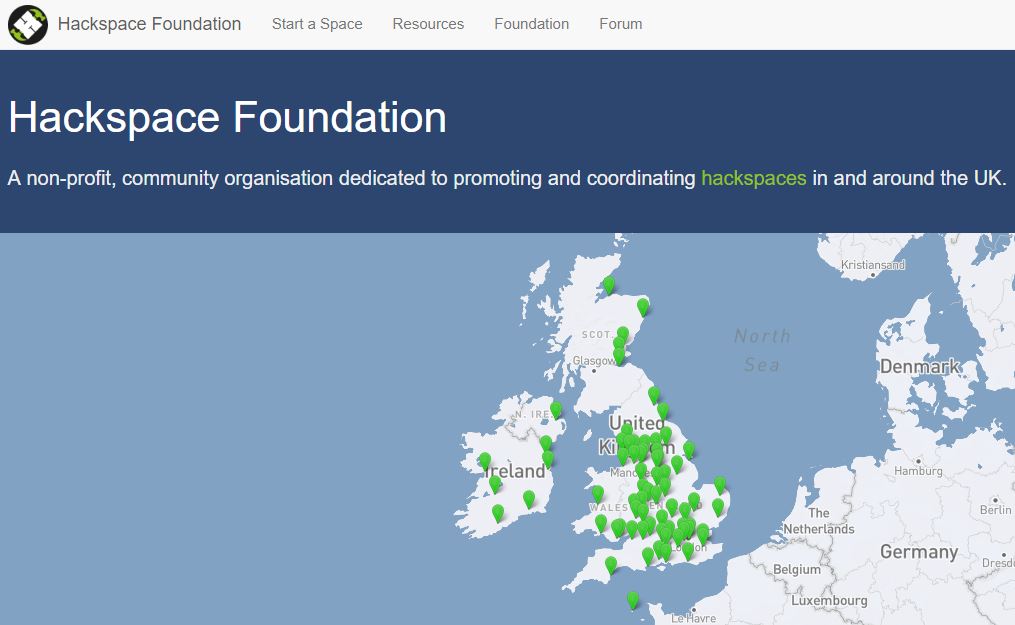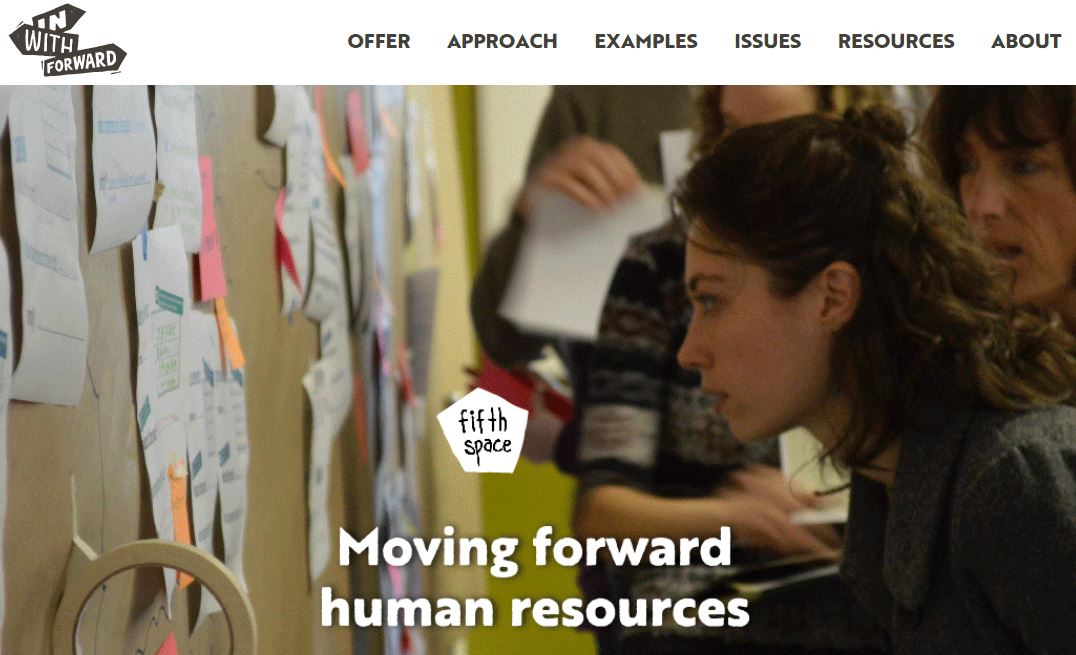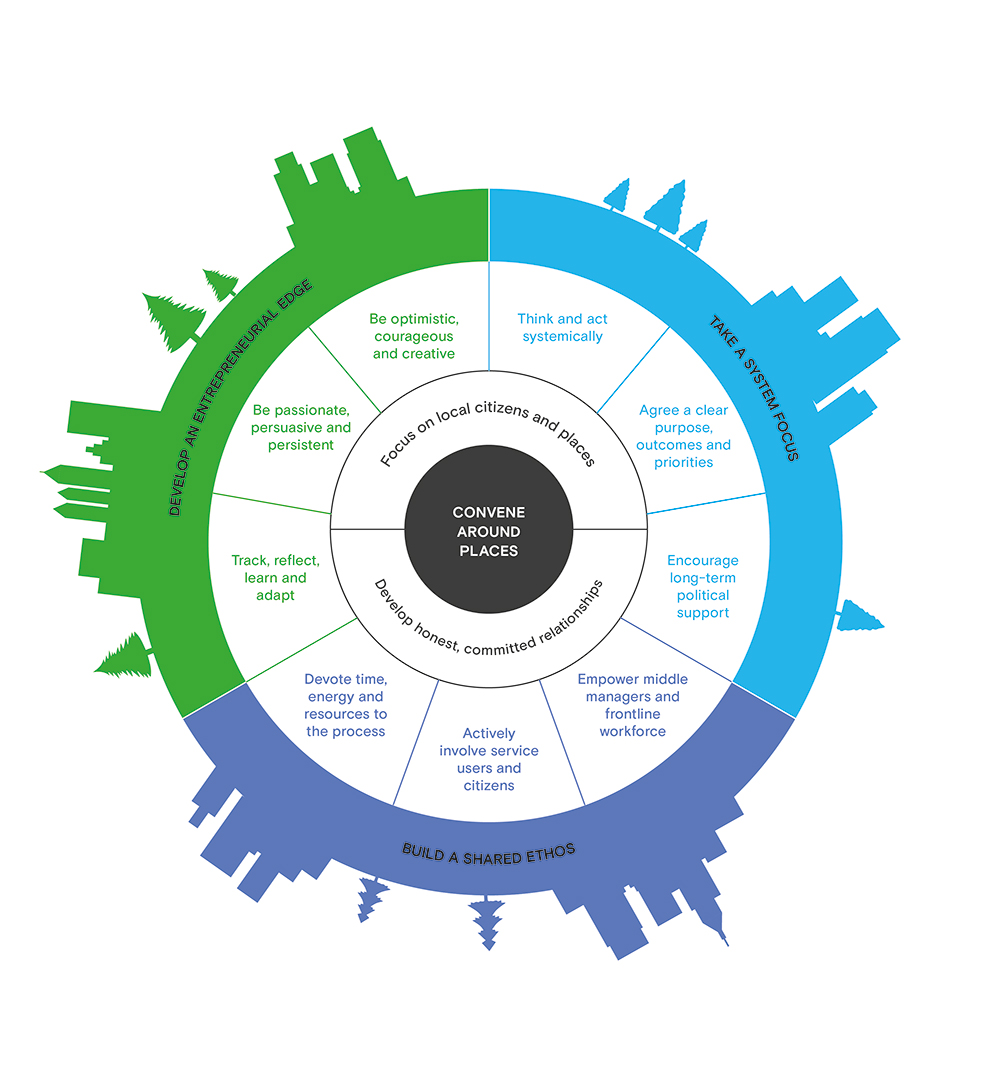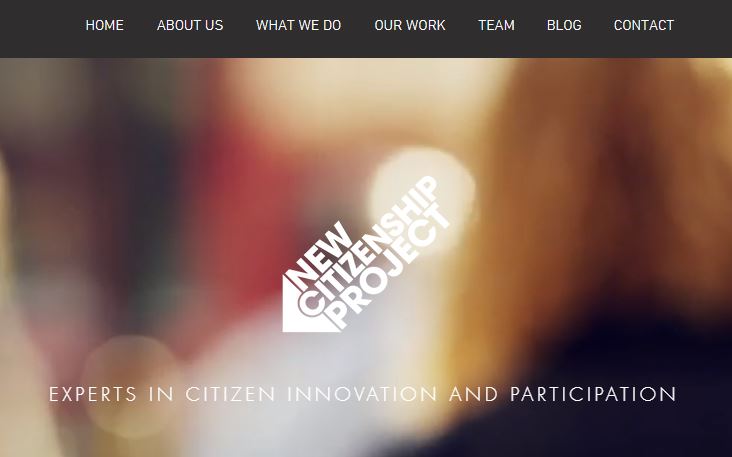
New service delivery models – an Open Data Institute (ODI) project – aims to increase the understanding of data-enabled service delivery models in local government, and to improve services encourage publishing more open data to improve public services.
The project is part of the ODI’s £6M three-year innovation programme, which has an overall aim to build data infrastructure, improve data literacy, stimulate data innovation and build trust in the use of data.
As part of the project, we awarded funding to four forward-thinking local government organisations to develop open data projects which explore how data could be used to improve public services – making them more efficient, innovative and citizen-focused.
This element of the project builds on the report – Using open data for public services published in February 2018 – where we looked at examples of open data use in public services. Following completion of the four local government projects, we asked the teams to tell us about their experience – the successes and challenges – in the hope other service delivery teams working on open data projects will find their experiences helpful to learn from. There’s a case study from each project and each team will be publishing tools created during the project that anyone can use.
The teams and their challenges
Doncaster Council and UsCreates
Doncaster Council explored the careers information, advice and guidance service for young people across the borough. Currently in Doncaster, careers data is fragmented and difficult to access. The team explored helping young people get better, tailored information about their career options for training, education and employment.
Kent County Council, Kent Energy Efficiency Partnership, and UsCreates
Kent County Council is committed to reducing fuel poverty. Fuel poverty has short and long term detrimental effects on physical and mental health. The team looked at datasets from across the NHS and the wider public sector to more accurately and effectively help those at risk of fuel poverty.
North Lanarkshire Council, Snook and UrbanTide
North Lanarkshire Council is on a mission ‘to improve economic opportunities and outcomes for all’, and now has an ‘open by default’ data policy for non-sensitive data. The council applied this open approach to its business rate data, to better understand the demand for the data and reduce Freedom of Information requests.
London Borough of Waltham Forest, the Audience Agency and Technology Box
Waltham Forest explored how data can be used to increase and widen engagement in arts and culture. The team used wifi access point technology to investigate how to capture data and map user journeys to improve understanding of the borough’s ‘cultural footprint’ whilst acting ethically and engaging the community in decisions about the data collection and use.
Different services, similar experiences
In our report Using open data to deliver public services we looked at eight case studies where open data is helping to deliver public services. The services varied from healthcare to transport to waste management; but all had similarities in terms of organisations, processes, effects and outcomes.
In a similar way, we’ve highlighted the shared experiences of our local government teams to compare the lessons learned through their projects.
Ecosystem conveners
Many councils are responsible for holding data and for the outcome of a public service, but are not directly responsible for delivering that service. These services are delivered by a network of organisations. This was the case for the careers, advice and guidance service in Doncaster City Council and the fuel poverty interventions led by Kent County Council.
In a complex service ecosystem, creating a common understanding of goals and motivations was essential. The Doncaster and Kent councils brought their partners together to understand how they could improve the service using data.
Regular contact supported better organisation collaboration. The teams used techniques such as co-design workshops successfully in the projects to support this approach.
Open innovation
The funds awarded to the local government teams allowed them to explore new ways of working with data, outside of their normal practice.
Waltham Forest Council felt the project inspired colleagues to consider what might be possible. The North Lanarkshire team saw interest from other councils across Scotland who could see the benefits of publishing non-domestic business rate data openly. Doncaster Council felt the project was a ‘vehicle for change’ – opening up conversations about the use of data in the borough.
Collaboration and peer learning is key
Each team was led by a local council or authority with external partners specialising in service design, data, research and technology. Bringing together multidisciplinary teams from a range of organisations helped to build skills, knowledge and perspectives across the team for these and future data projects.
Knowledge of data varied across partners and organisations. All of the teams felt more needed to be done to raise digital and data literacy across organisations so that everyone is able to interact with data and understand the potential benefits and impacts. For example, UrbanTide trained the North Lanarkshire Council team on open data before the project, which was beneficial during the project.
Build on your existing practices
The teams adopted existing tried and tested service design frameworks and open, collaborative ways of working in their projects. It allowed the teams to experiment with data in a familiar environment.
Waltham Forest Council used and adapted its transformation framework for the project. The team discovered new tools, such as the Open Data Institute Data Ethics Canvas, could be embedded in their usual practice.
Improving data infrastructure, availability and access
Kent and Doncaster councils ran a landscape review across the spectrum of closed, shared and open data through interviews with councils and local authorities to form a picture of what data was available.
UrbanTide needed access to non-domestic business rate data held by the North Lanarkshire Council for the project. As a standard data sharing agreement, the process was time consuming and could be simplified if arrangements like this were available in the future.
Doncaster Council discovered data was often held by one person and wasn’t available or did not exist. The team manually created a new dataset detailing the careers information, advice and guidance offered in each school or college to fill this gap and meet their need.
Next steps
We’ll be continuing our work on using data for public service delivery this year. You can see some of the tools we’re working on now – like the Data Ethics Canvas and the Mapping data ecosystems tool– to support teams working on their own projects.
To learn more, please visit: Open Data and Public Services






